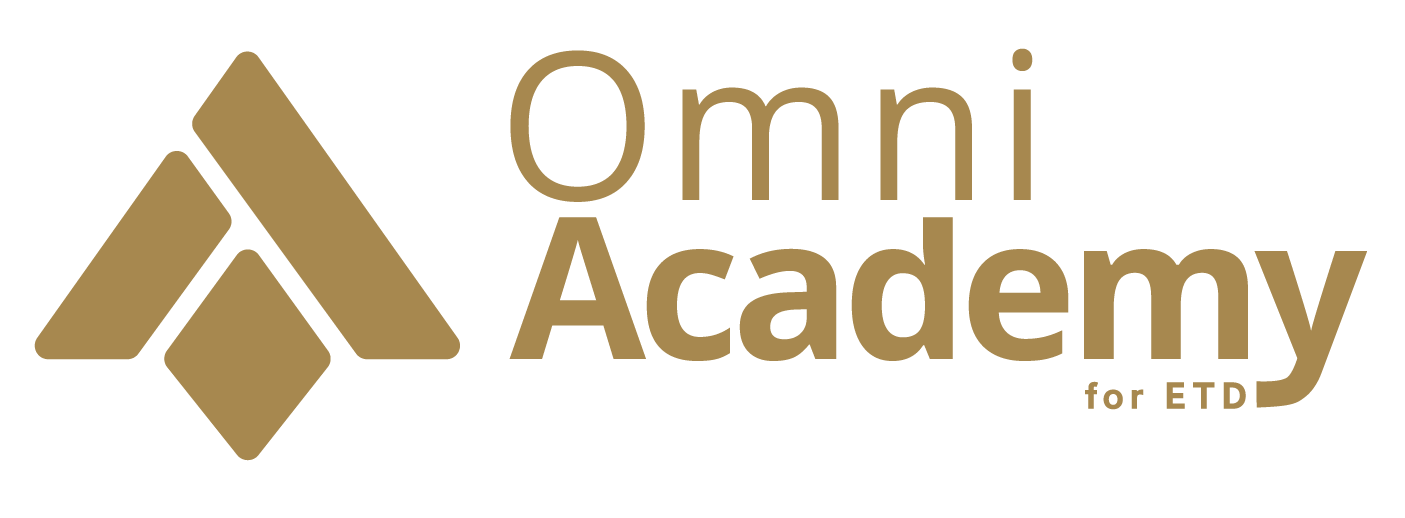"The Move From E-Learning, To M-Learning and Technology Based Learning and Challenges in Regulated Learning Spaces in South Africa"
AbstractElectronic Learning (e-learning), like Mobile Learning (m-learning) and Technology-Based Learning (t-learning) is a wide and varied subject that has the common ability to ask more questions than it is capable of answering. Adding to the technical specifications of the learning platform, is the ability to use it in a regulated learning space, which is varied in South Africa with Higher Education (university-based learning) having e-learning guidelines, but Sector Education, Training Authorities still not supporting the implementation of learning because of the various platforms and their quality assurance regulatory framework. One of the most pressing issues internationally is how e-learning is able to offer progression within the work environment. There are several countries that have initiatives in place that are able to facilitate this enterprise, for example Norway, United Kingdom and the United States of America, however, challenges still remain in South Africa when it comes to dealing with this subject matter. As can be clearly deduced, being a country with financial issues, funding tends to be a major challenge when considering platforms within the field of e-Learning that can be used by organisations. South Africa has low GDP per capita when compared with other countries such as the US, the UK and especially the Scandinavian countries. This makes the challenges regarding the implementation of e-learning even greater. In this paper, these different areas of learning are considered and the troubled areas in each will be identified, not just as an academic point, but for reasons of solutions so that education in South Africa can reap the benefits from a worldwide phenomenon. As more and more institutions realise this fact, it becomes vitally important to implement e-learning not just in the classrooms, but in the offices and boardrooms, as well as through a cost-effective model based on the various technology platforms available. Technology is the driving force of businesses, not just with profit-making, but with the way the business is conducted. It is impossible, or at least improbable, that progress can be made without some kind of technology-based learning for potential employees but one that works in conjunction with regulatory authorities. Full academic paper available upon request. Presented at:International Conference on Global Research insights in Social Science Business, Economics and Management Studies, 2018, Seoul, South Korea |
